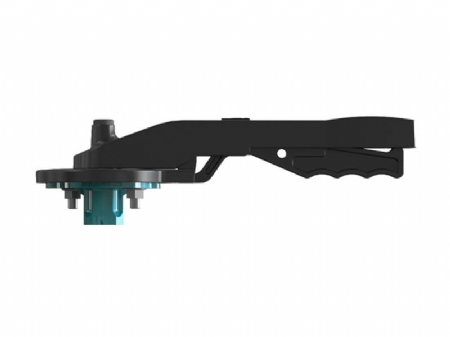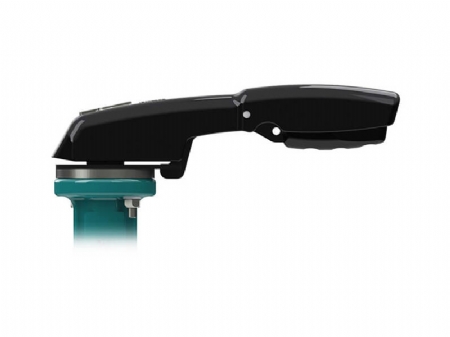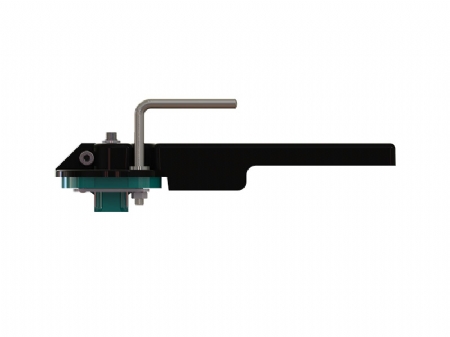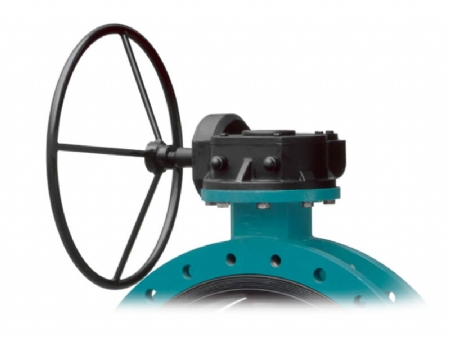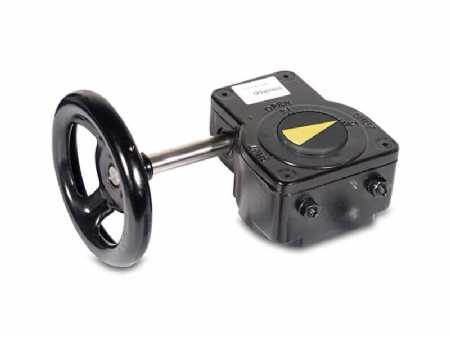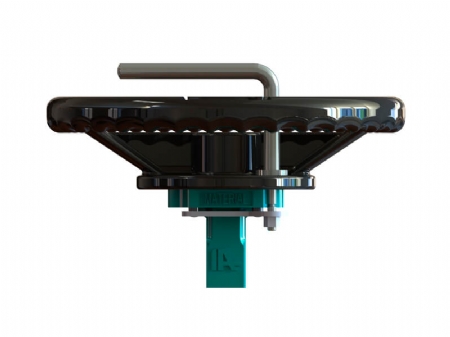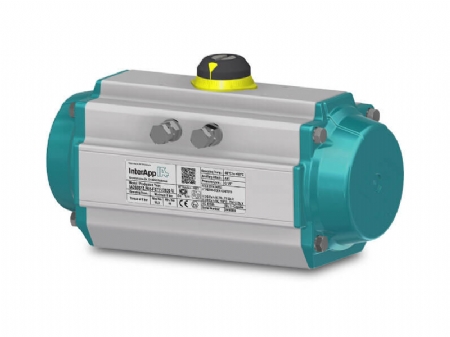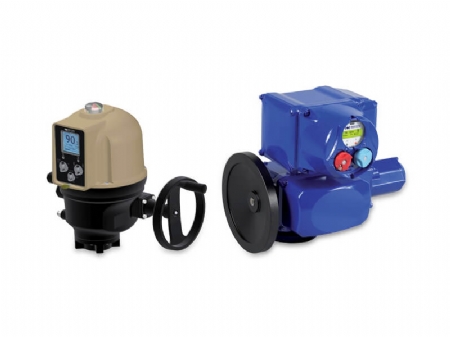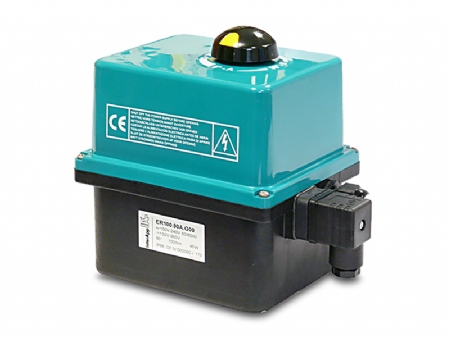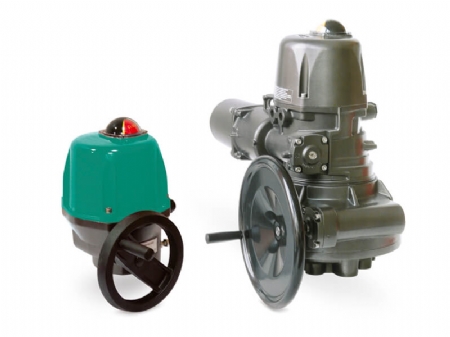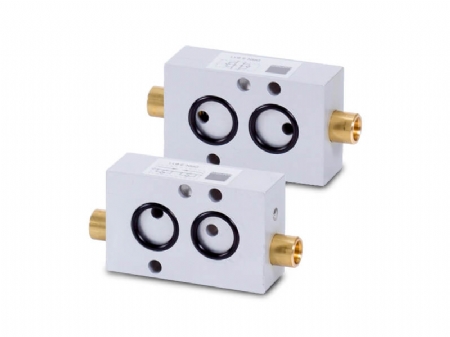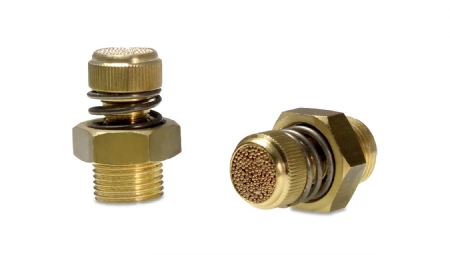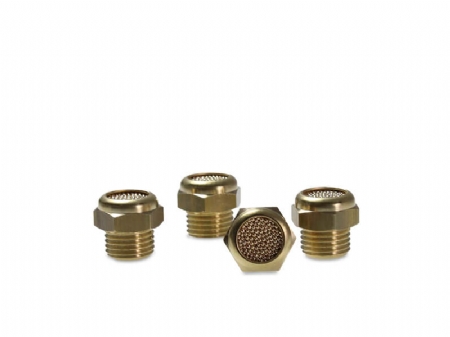Aktüatörler: Genel Bakış ve Özellikler
Aktüatörler, mekanik hareketi kontrol etmek için kullanılan cihazlardır. Elektrik, hava basıncı (pnömatik) veya hidrolik güç kullanarak vanaları, kapakları ve diğer hareketli parçaları açar veya kapatır. İşte aktüatörlerin temel özellikleri ve avantajları:
Temel Özellikler:
- Yapı: Aktüatörler, bir kontrol sinyaline yanıt olarak mekanik hareket üreten cihazlardır. Farklı türleri elektrikli, pnömatik ve hidrolik aktüatörlerdir.
- Fonksiyon: Aktüatörler, kontrol sistemlerinden gelen sinyalleri alarak belirli bir mekanik hareketi gerçekleştirir. Bu hareket genellikle döner veya doğrusal olabilir.
- Malzeme: Aktüatörlerin yapımında kullanılan malzemeler, uygulama alanına ve ihtiyaç duyulan dayanıklılığa göre değişiklik gösterebilir.
Avantajlar:
- Yüksek Hassasiyet: Aktüatörler, kontrol sistemleri ile entegre çalışarak yüksek hassasiyetli hareket kontrolü sağlar.
- Güvenilirlik: Dayanıklı yapıları ve güvenilir performansları sayesinde zorlu endüstriyel koşullarda bile uzun ömürlü kullanım sunar.
- Otomasyon İmkanı: Aktüatörler, endüstriyel otomasyon sistemlerinin önemli bir parçası olup, süreçlerin otomatikleştirilmesini sağlar.
- Esneklik: Çeşitli tiplerde ve boyutlarda mevcut olan aktüatörler, farklı uygulama ihtiyaçlarına uygun çözümler sunar.
Kullanım Alanları:
- Petrol ve Gaz: Boru hatlarında ve rafinerilerde vanaların ve diğer ekipmanların kontrolünde kullanılır.
- Su ve Atıksu Yönetimi: Su arıtma tesislerinde ve atıksu sistemlerinde otomatik kontrol sağlar.
- Kimya ve İlaç Sektörleri: Kimyasal işlemlerin ve ilaç üretim süreçlerinin kontrolünde kullanılır.
- Enerji ve Güç Üretimi: Enerji santrallerinde ve buhar sistemlerinde yaygın olarak kullanılır.
- Otomotiv ve Havacılık: Araç ve uçak parçalarının hareket kontrolünde kullanılır.
Aktüatörler, yüksek hassasiyet, güvenilirlik ve otomasyon imkanları ile çeşitli endüstriyel uygulamalarda tercih edilen çözümler sunar. İhtiyacınıza uygun çözümler ve daha fazla bilgi için bizimle iletişime geçebilirsiniz.

